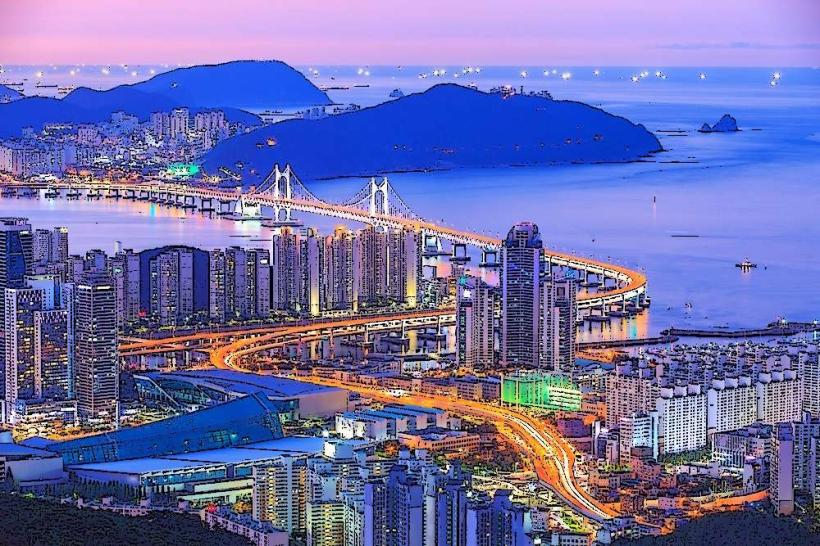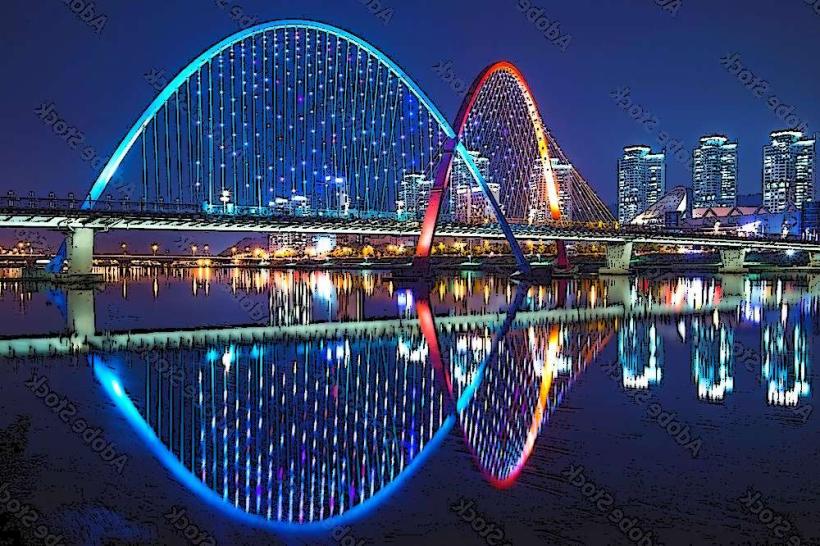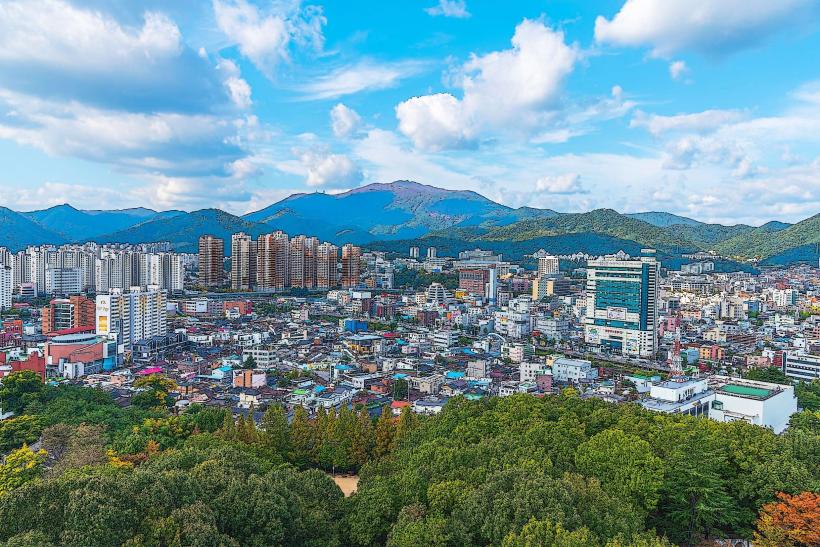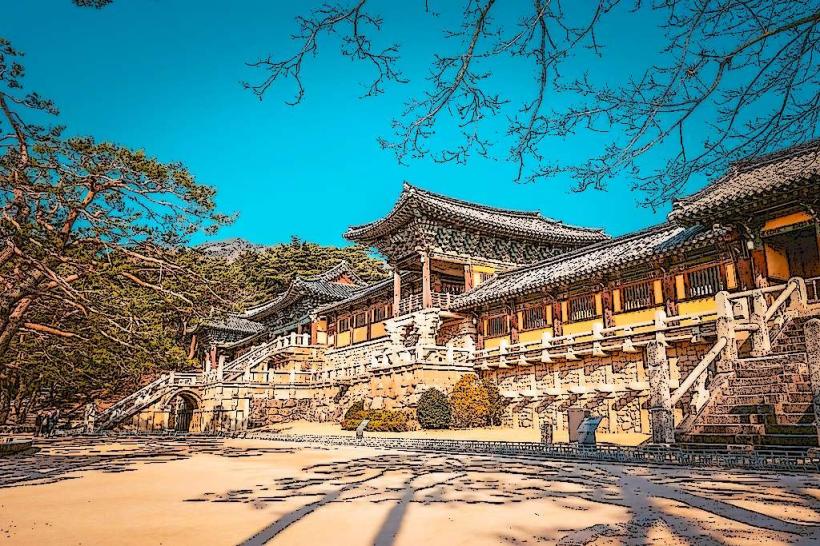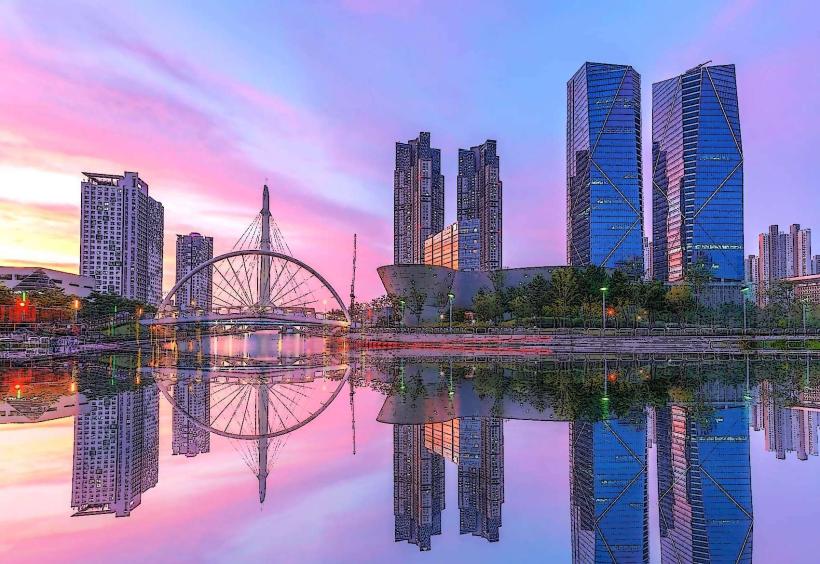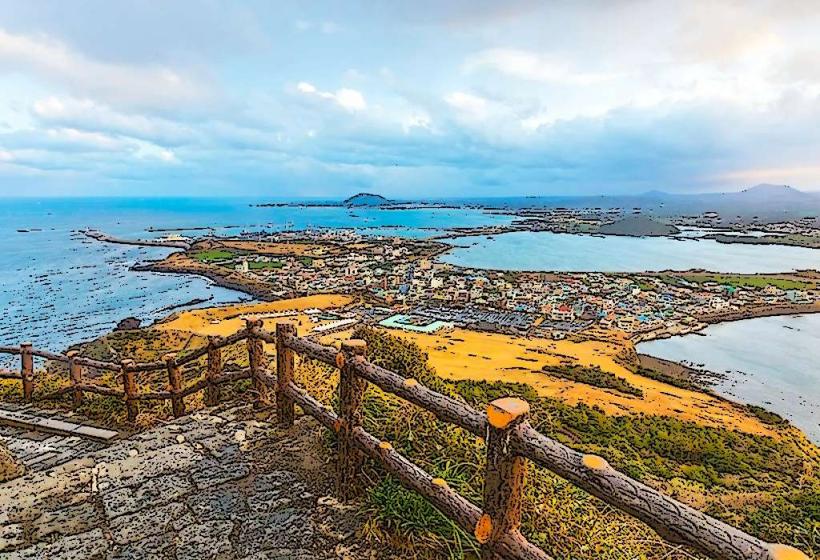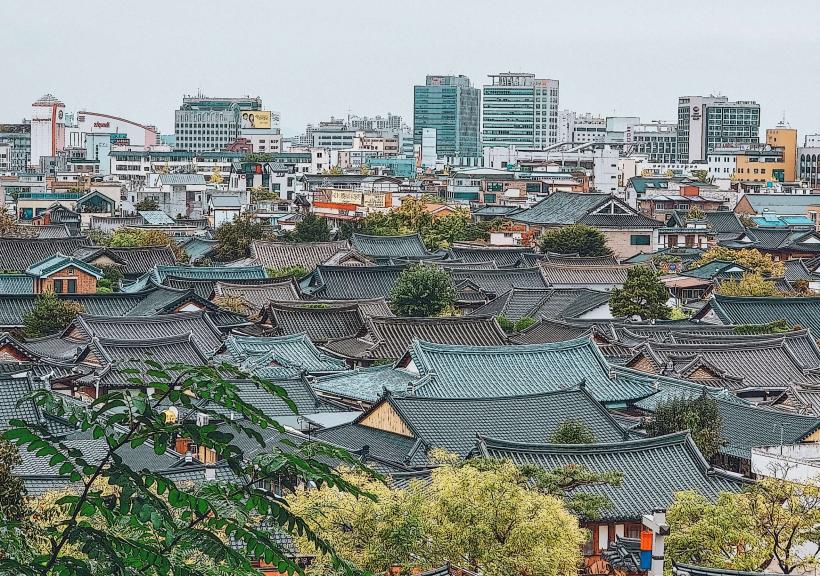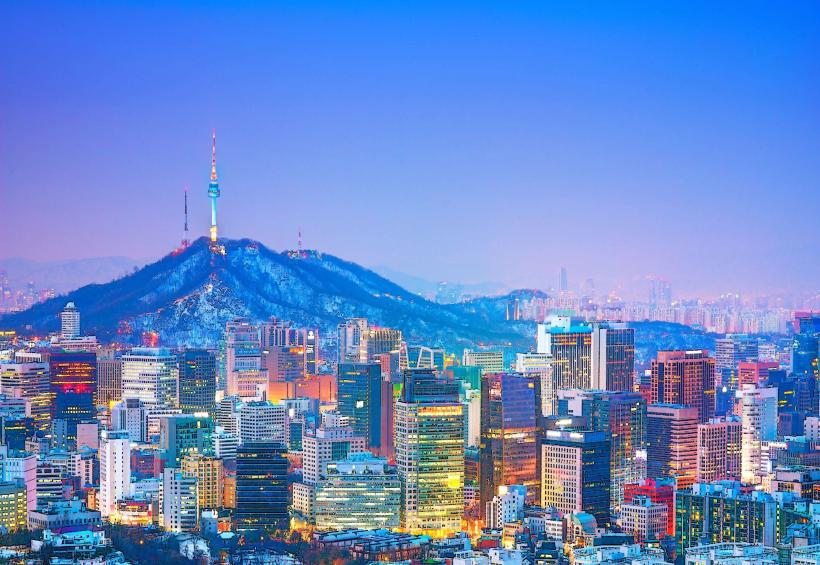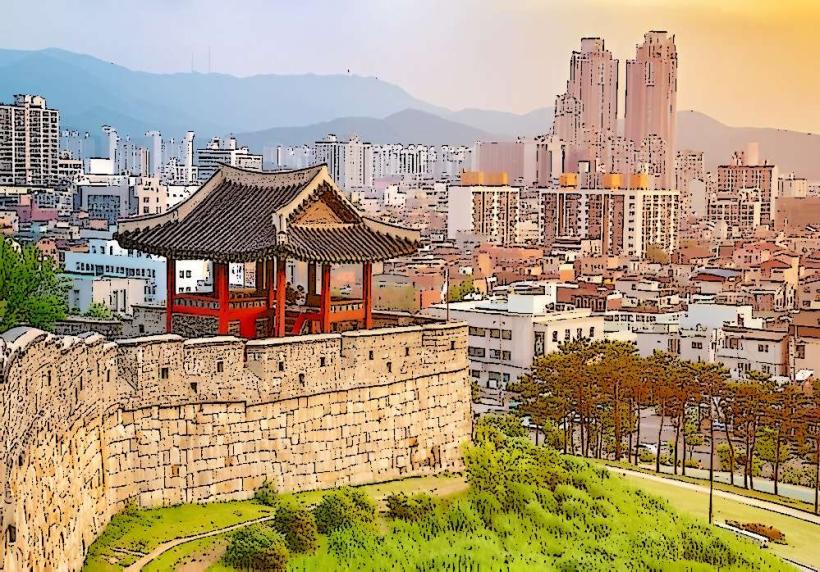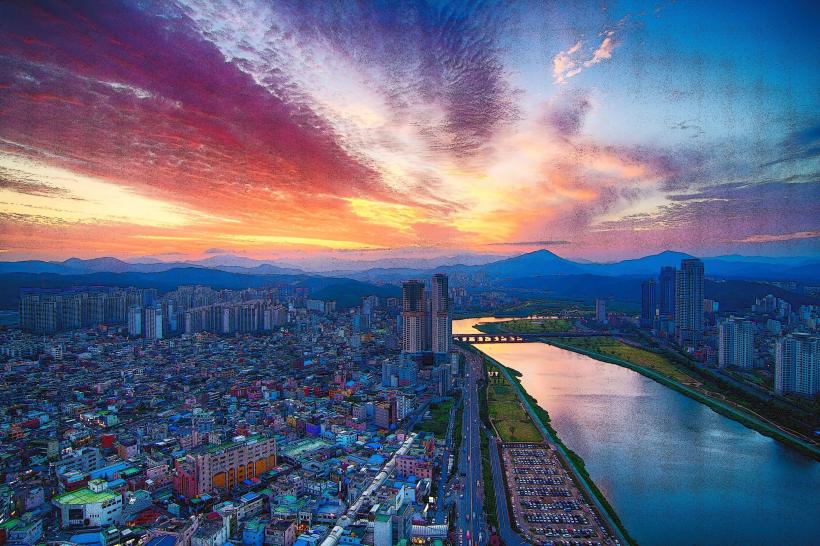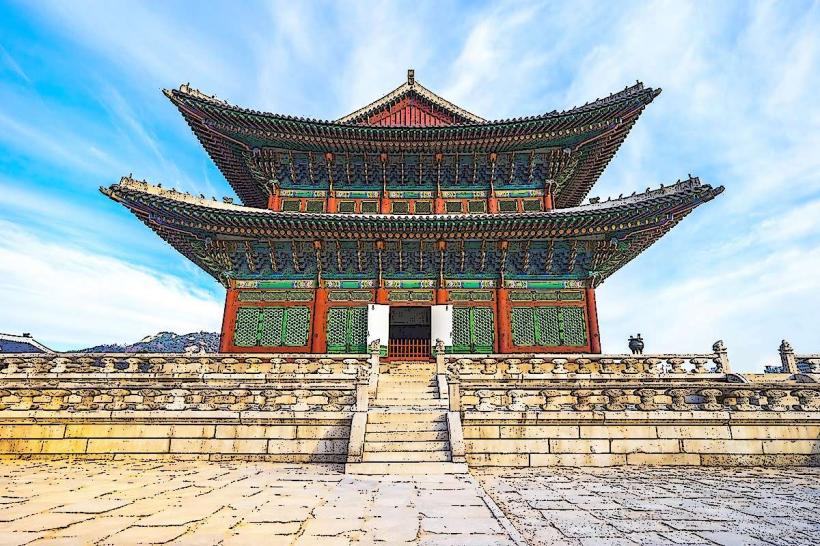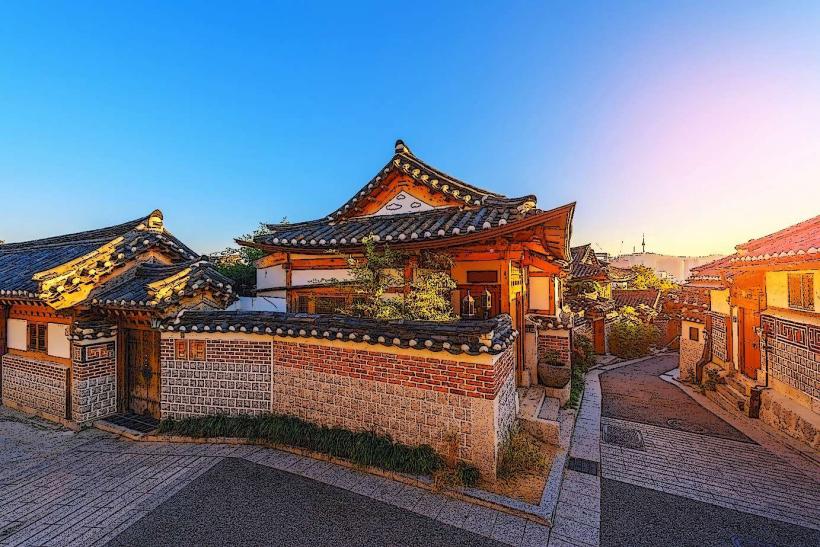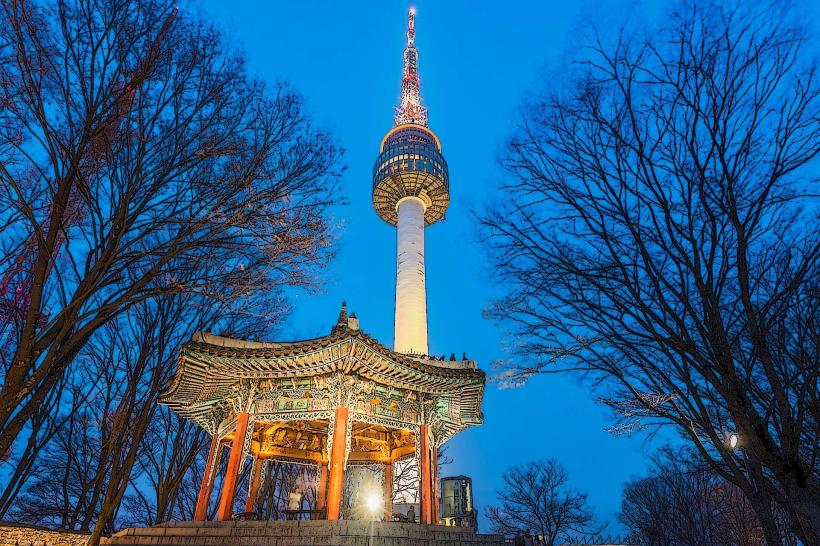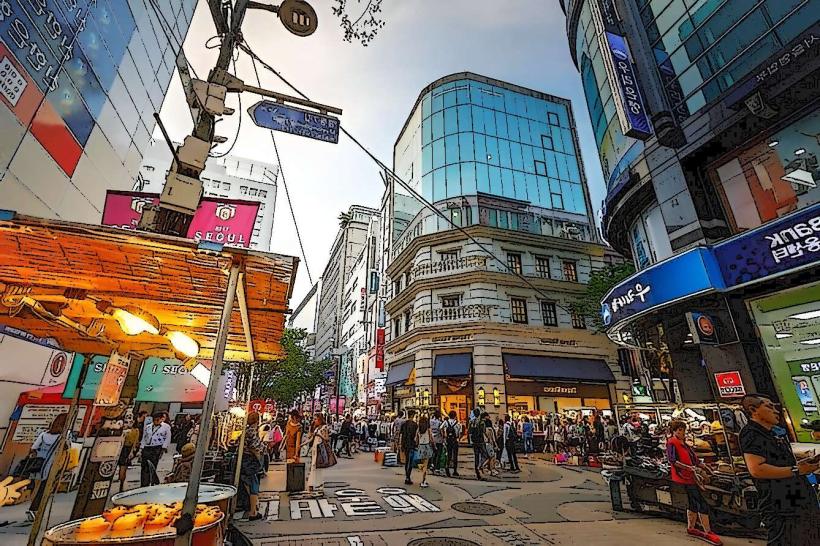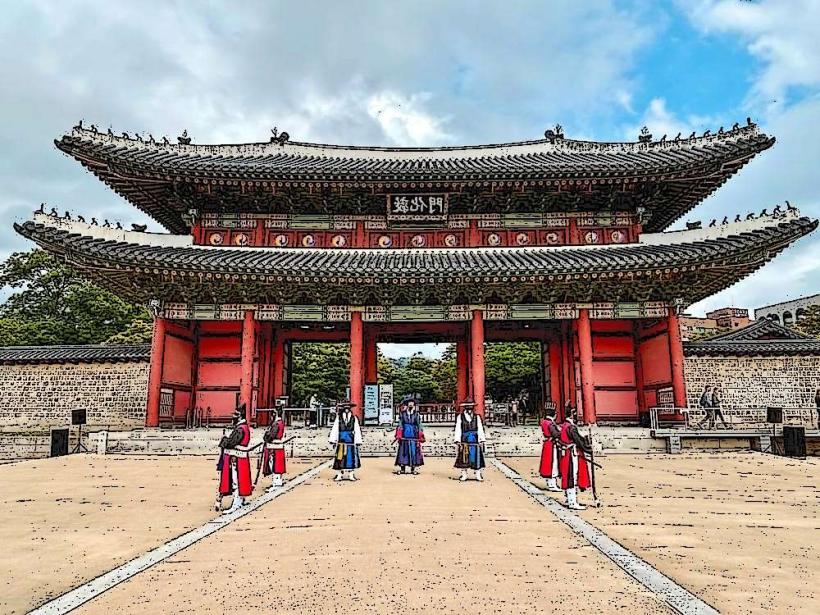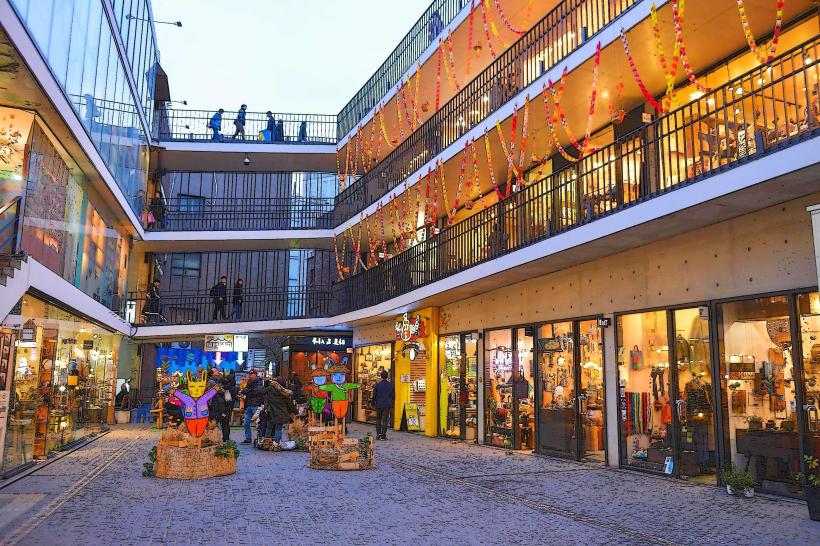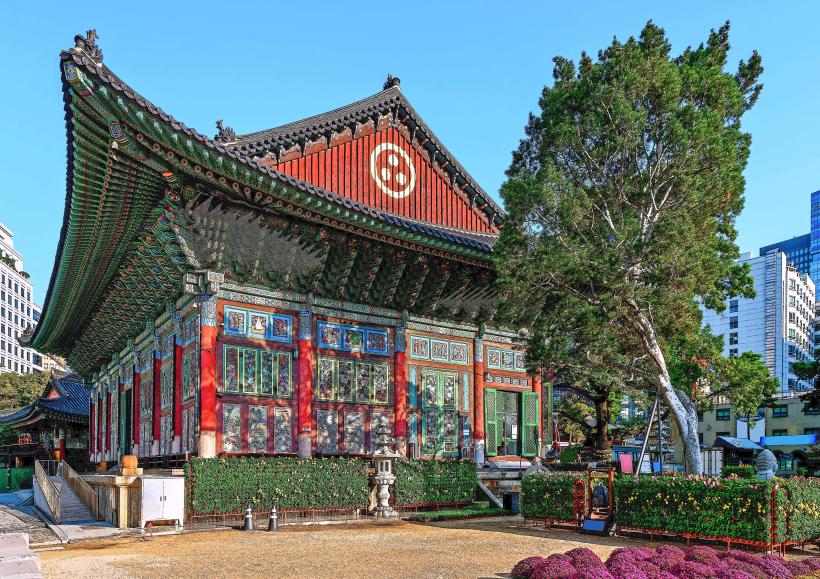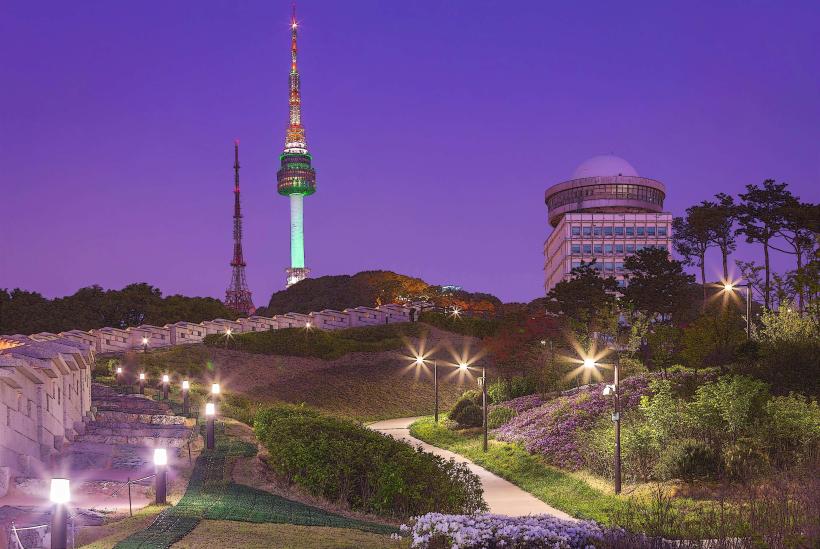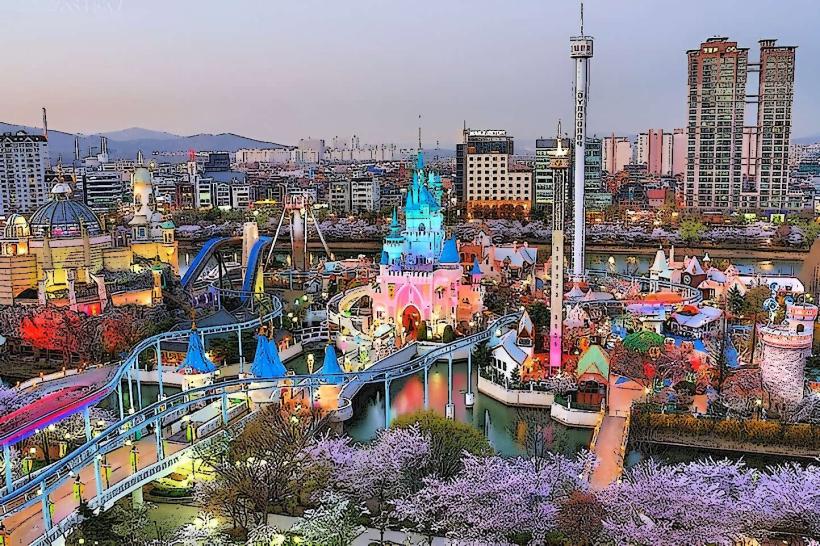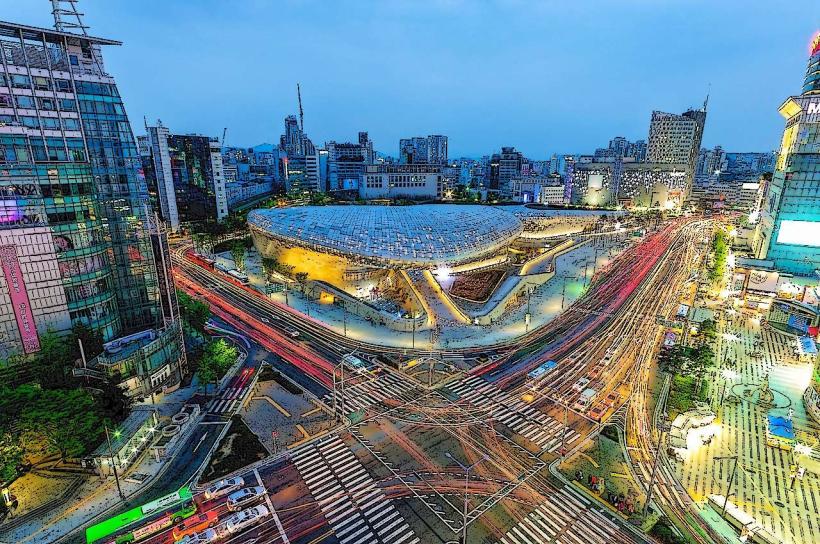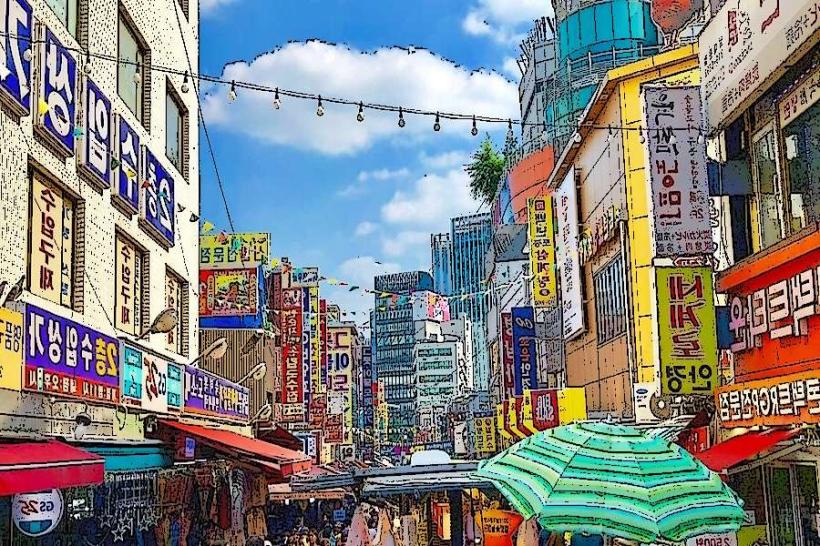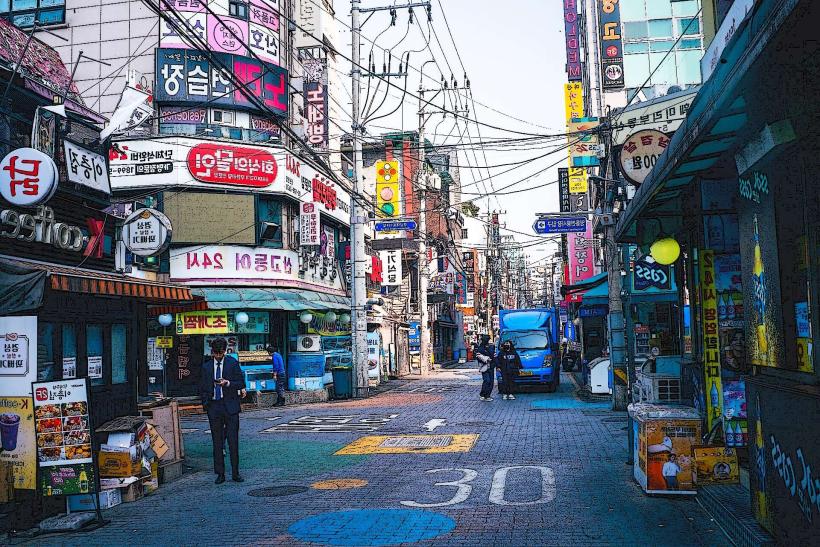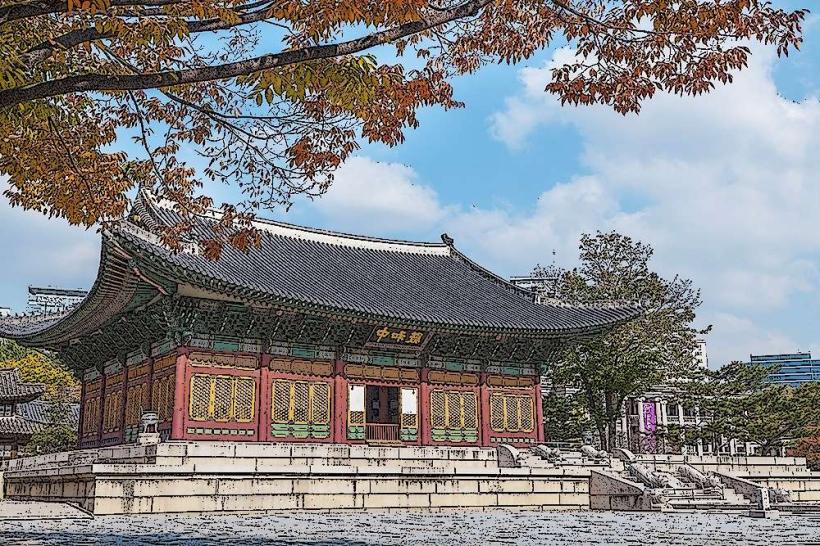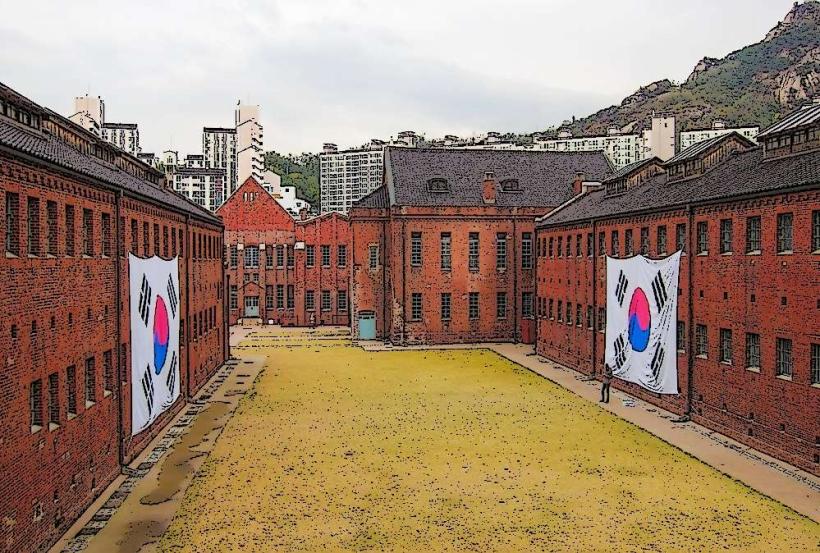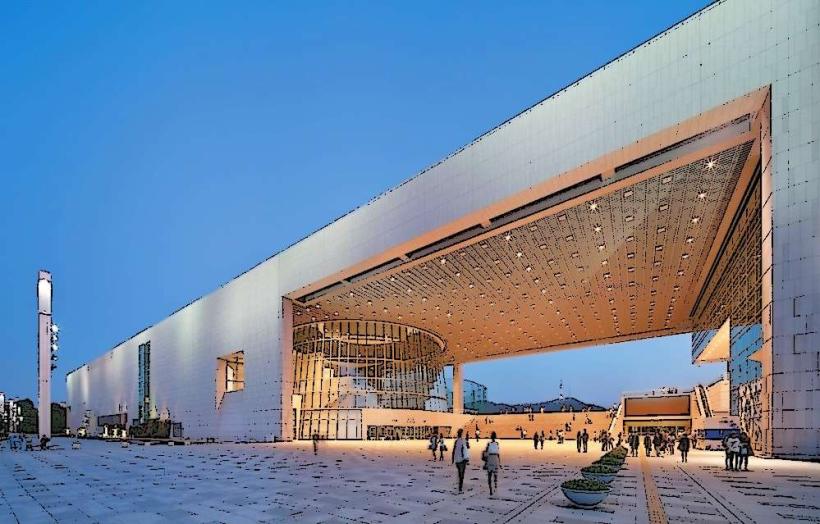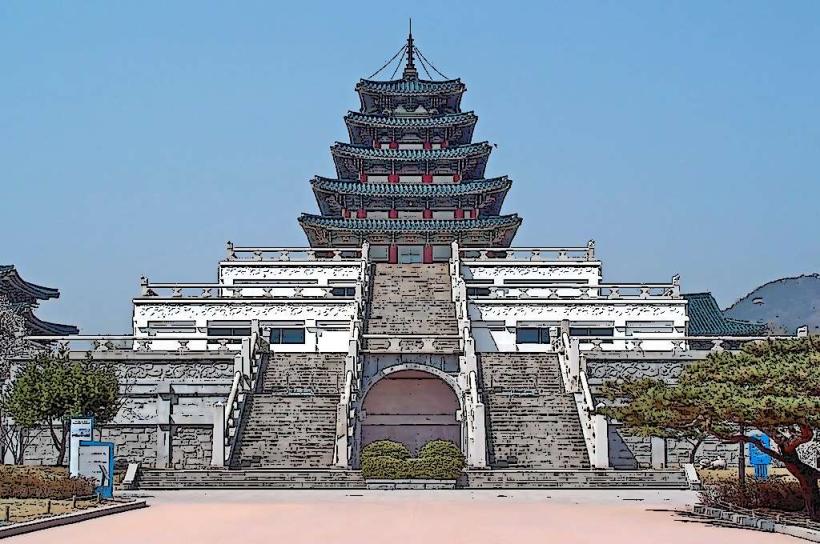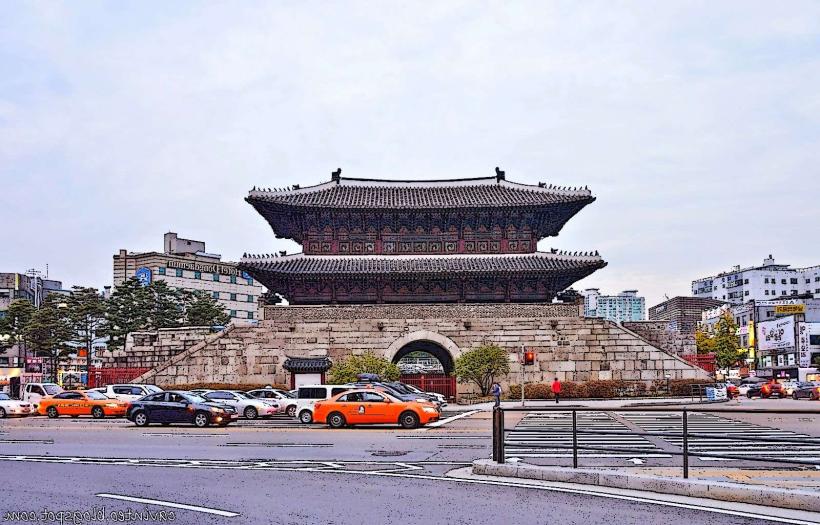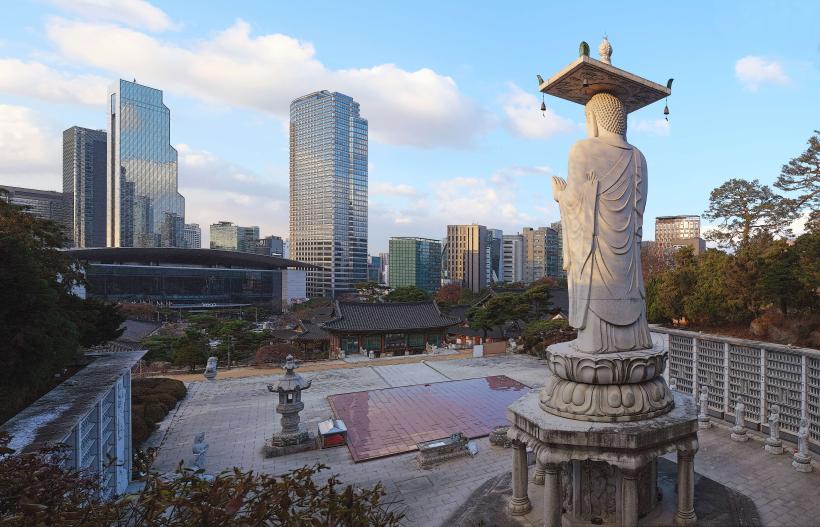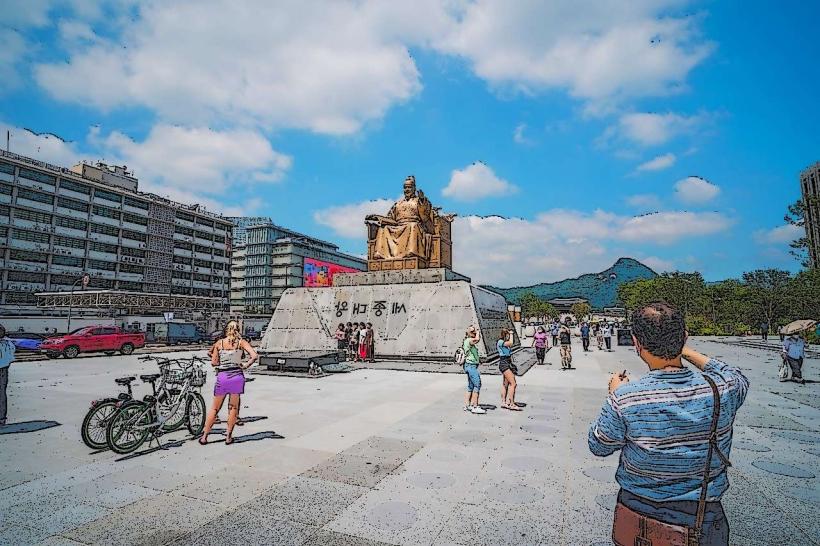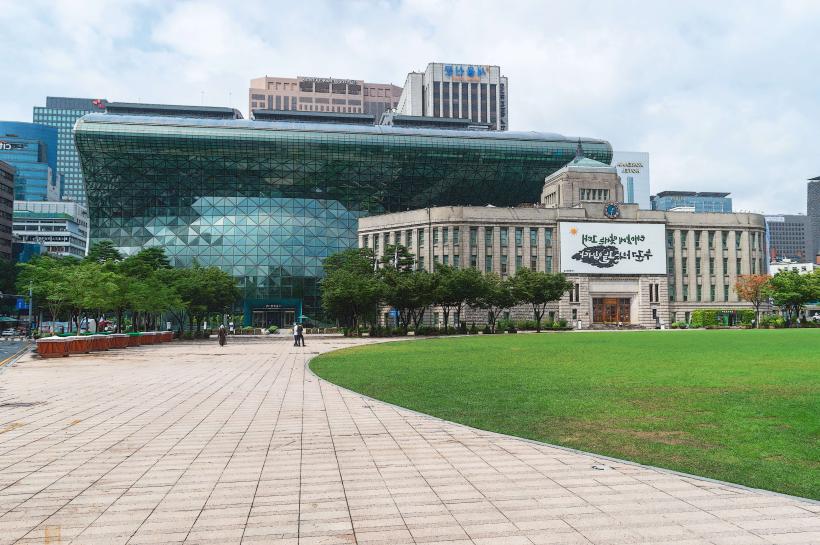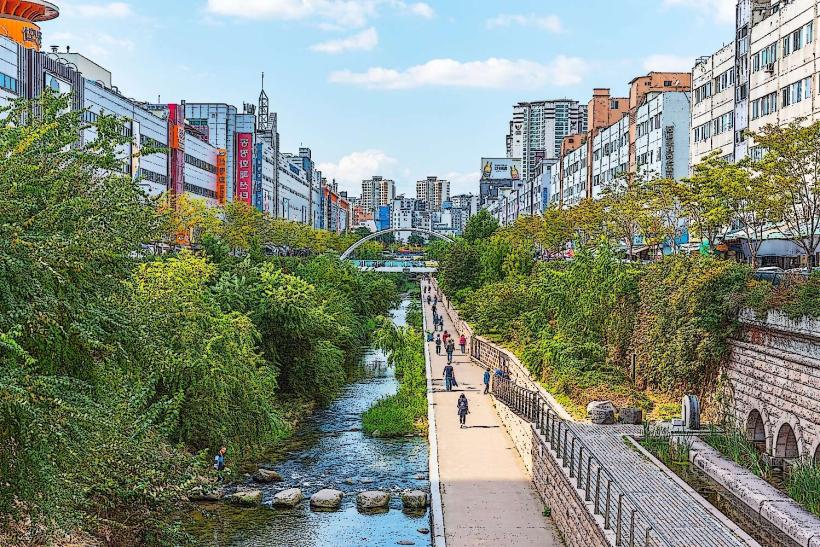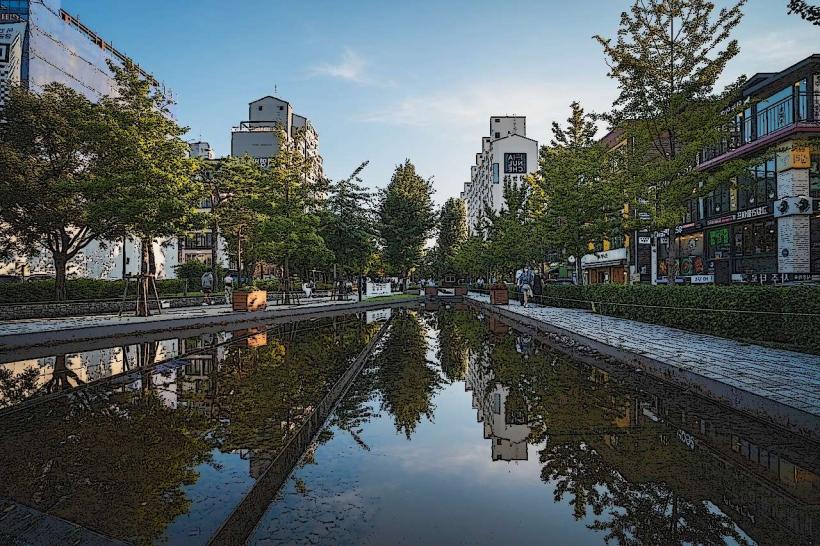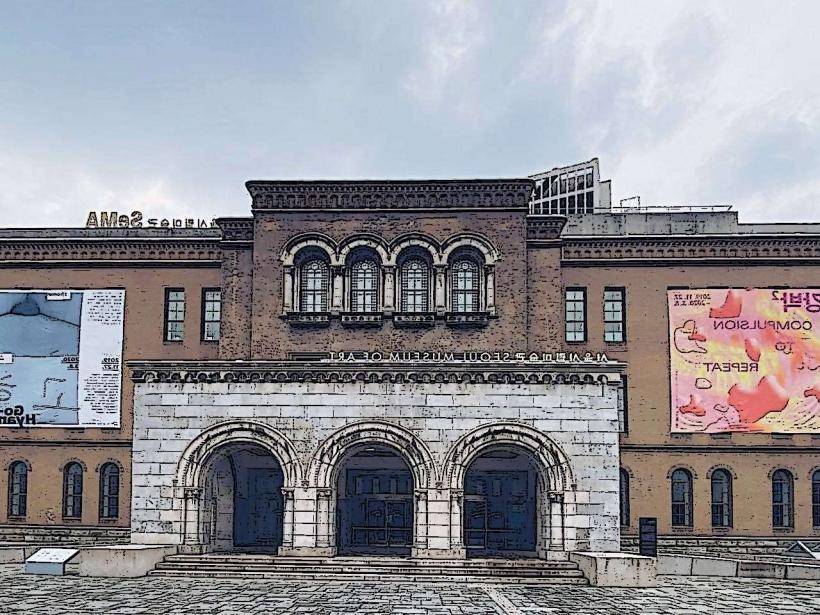Information
Country: South KoreaContinent: Asia
South Korea, Asia
South Korea (Republic of Korea) is a sovereign state in East Asia, occupying the southern half of the Korean Peninsula. Its economy is a global leader in semiconductors, automotive manufacturing, and cultural exports (Hallyu); the capital is Seoul, while Busan is the primary maritime gateway.
Visa & Entry Policy
As of January 11, 2026, visa policies are as follows:
K-ETA Exemption: The temporary suspension of the Korea Electronic Travel Authorization (K-ETA) for 67 countries-including the US, UK, and most EU nations-has been extended through December 31, 2026. Travelers from these nations do not need to apply for a K-ETA but may do so voluntarily to be exempt from the arrival card.
Mandatory e-Arrival Card: Since January 1, 2026, the e-Arrival Card (via e-arrivalcard.go.kr) is mandatory for all foreign nationals not holding a valid K-ETA. It must be completed up to three days prior to arrival.
Requirements: A passport valid at the time of entry (no minimum six-month rule for tourism) and proof of onward/return travel. Stays are typically permitted for up to 90 days.
Language & Communication
Korean is the official language. English proficiency is high in Seoul and among the younger generation, though less common in traditional markets or rural provinces. The Korean writing system, Hangeul, is phonetic and widely regarded for its logical structure. Standardized Romanization is used for all public transport and street signage.
Currency & Payment Systems
The official currency is the South Korean Won (KRW). As of January 2026, the exchange rate is approximately 1,457 KRW to 1 USD.
Cashless Dominance: South Korea has one of the highest cashless transaction rates globally. Credit cards (Visa/Mastercard) and mobile payments (Samsung Pay, Apple Pay, KakaoPay) are standard.
T-Money: A rechargeable smart card is essential for all public transit (buses, subways, taxis) and can be used at convenience stores.
Zero Pay: A government-backed QR code system used by small merchants and traditional markets to reduce transaction fees.
National Transport Grid
High-Speed Rail (KTX/SRT): As of late 2025/2026, the government is finalizing the merger of KTX and SRT operations to create a unified ticketing system. The Incheon-departing KTX and Suwon-departing KTX services are launching in 2026, providing high-speed links directly from these major hubs.
GTX-A: The GTX-A Line (Seoul Station to Suseo section) is scheduled to open by June 2026, completing the express underground link between Paju and Dongtan.
Urban Transit: Seoul’s subway system is one of the most extensive globally. New 2026 additions include the Dongbuk Line and the Wirye Line Tram.
Digital Infrastructure
5G Standalone (5G SA): As of 2026, the South Korean government has mandated that all national operators (SKT, KT, LG U+) shift fully to 5G SA cores. This ensures 100% 5G-only connectivity without relying on 4G infrastructure.
6G Development: Commercial 6G launch is targeted for 2028; as of 2026, large-scale pilot "6G-Ready" networks are being tested in the Gangnam and Pangyo Techno Valley districts.
Network Sunsets: 3G services have been almost entirely phased out by 2026.
Climate & Seasonality
South Korea has four distinct seasons:
Spring (Mar–May): Cherry blossom season; mild and pleasant.
Summer (Jun–Aug): Hot, humid, and subject to the Jangma (monsoon) rainy season in July.
Autumn (Sep–Nov): Peak travel season; crisp air and vibrant fall foliage.
Winter (Dec–Feb): Cold and dry with heavy snow in Gangwon-do (ski region).
Health & Safety
South Korea maintains one of the lowest crime rates globally.
Health: Tap water is technically potable, though most residents prefer filtered or bottled water. Dengue is not endemic, but "SFTS" (tick-borne) is a risk in rural hiking areas.
Safety: Foreigners are prohibited from participating in political protests. The emergency numbers are 112 (Police) and 119 (Fire/Ambulance).
Top 3 Major Regions & Cities
Seoul Capital Area: Hub: Seoul (Megacity/Tech/History).
Yeongnam Region: Hub: Busan (Seaport/Beaches) and Gyeongju (Ancient Silla capital).
Jeju Island: Self-governing province; volcanic island known for eco-tourism.
Local Cost Index
1L Water: 1,100 KRW ($0.75 USD)
1 Domestic Beer (0.5L): 4,500 KRW ($3.10 USD)
1 SIM Card (Unlimited 30-day): 65,000 KRW ($44.60 USD)
Facts & Legends
South Korea has the world's fastest average internet connection speed. Local folklore includes the Dokkaebi, mischievous nature deities/goblins, and the Gumiho, a nine-tailed fox that can shapeshift into a beautiful woman. The national foundation myth centers on Dangun, the son of a heavenly prince and a bear who transformed into a woman after enduring 100 days in a cave. Geologically, the country is home to the Haenyo (Sea Women) of Jeju, who free-dive for shellfish without oxygen tanks-a practice designated as UNESCO Intangible Cultural Heritage.

